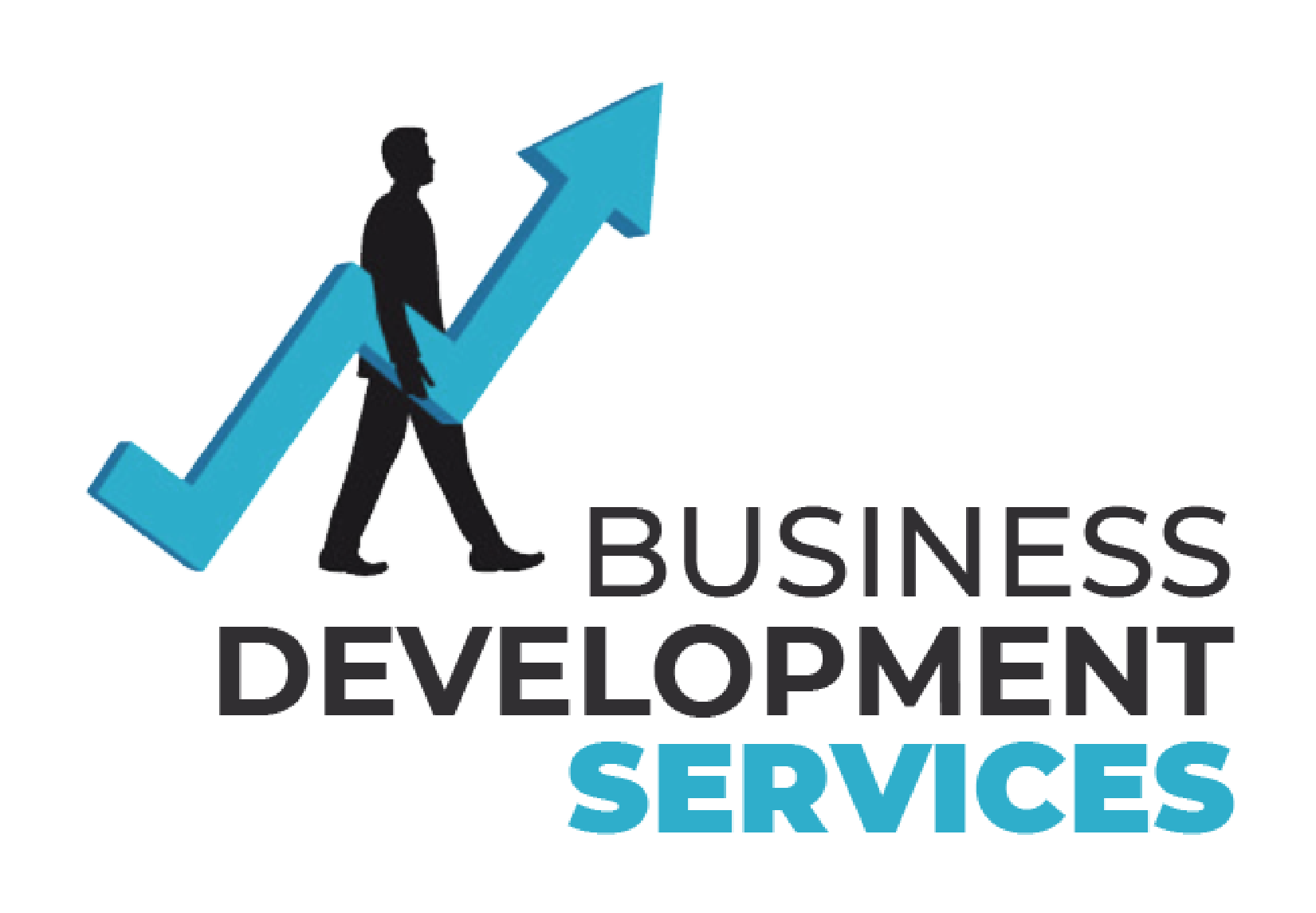Business Development
Business development - developing business areas

When we talk about business development, we mean achieving a positive and sustainable business performance for a company, increasing sales and minimizing costs.
In a nutshell: to increase profits.
There are different approaches to business development, depending on the task or market position, company size or mental attitude of the company.
Some limit themselves primarily to preserving the tried and tested, which is not to be understood negatively, and optimize their business through organizational changes, cost savings for employees, sales, marketing, staff departments, suppliers and investments.
Others focus on innovative product development, marketing initiatives, increased sales efforts, opening up new markets, customer and business areas and aligning the company to a changing market situation, leisure, consumer and communication behavior of the target group in an ever faster changing society.
Holistic solution approach – sales, marketing and technology
Due to the increasing specialization, many potentials in sales and marketing are not or only insufficiently recognized or the implementation fails due to internal departmental conflicts, the necessary specialist knowledge or a lack of time to devote to new topics.
Another important point is the rapid pace of technological development, which many companies are unable or unwilling to keep up with because the added value is not apparent, integration is too complex or they simply lose sight of what is technically sensible and feasible. This attitude is understandable, as many solutions are developed by technicians for technicians and are not always in the interests of users and their companies.
On the other hand, there is a lot of untapped potential here that can be put to good use in the development of new markets, customer groups, acquisition, management information, sales management and marketing measures.
This is precisely where our strength lies in identifying, evaluating and implementing sensible technical solutions, the latest technologies and modern tools available on the market for sales and marketing in your company.

We support you in achieving your goals:
- of an entrepreneurial personality through the coordinated use of behavior, communication and appearance both internally and externally,
- Sales concepts with which you can better penetrate existing markets and open up new markets,
- an authentic market presence that communicates the benefits of your offer in a convincing and target group-specific way,
- thorough market research to provide a solid basis for your decisions,
- technological know-how transfer from the areas of IT, telecommunications, sales and marketing tools and industry solutions,
- new perspectives and creative impulses to resolve burdens and deadlocks,
- Lobbying to collect, evaluate and use information in a targeted manner and thus steer decision-making processes in your favor.
What we mean by business development
New business models as a result of business development
■ The different types of business development
■ The importance of business development
■ The most important goals
■ The range of tasks of the Business Development Manager, including:
– Promotion of innovation
– Strategy and organizational development
– Opening up new markets
■ Organizational anchoring options
– Integrated corporate function fortechnology and product development
– Internal advisory staff
– Sales unit generating new customer business
– Sub-area of corporate planning
■ Advantages and disadvantages of the different anchoring options
Characteristics, tasks and organizational anchoring of business development
■ What is a business model anyway?
■ Why new business models?
■ New vs. changed business models
■ The different types of business models
■ Strategic instruments for the development of new business models
■ Professional business planning
■ The essential elements of a business plan
■ The form of the business plan
■ Systematic creation of a business plan
■ What makes a good business plan?
■ Dos and don’ts when creating business plans
Business development as a task of strategic management
■ Guard rails for entrepreneurial action
■ The levels of strategic management
– Corporate strategies
– Business segment strategies
– Functional strategies
■ The most important instruments of strategic business development management
– Porter’s industry structure analysis
– Benchmarking
– Ansoff matrix
– SWOT analysis
– Market segmentation
– Competitive strategies according to Porter
■ Presentation of best-practice examples

